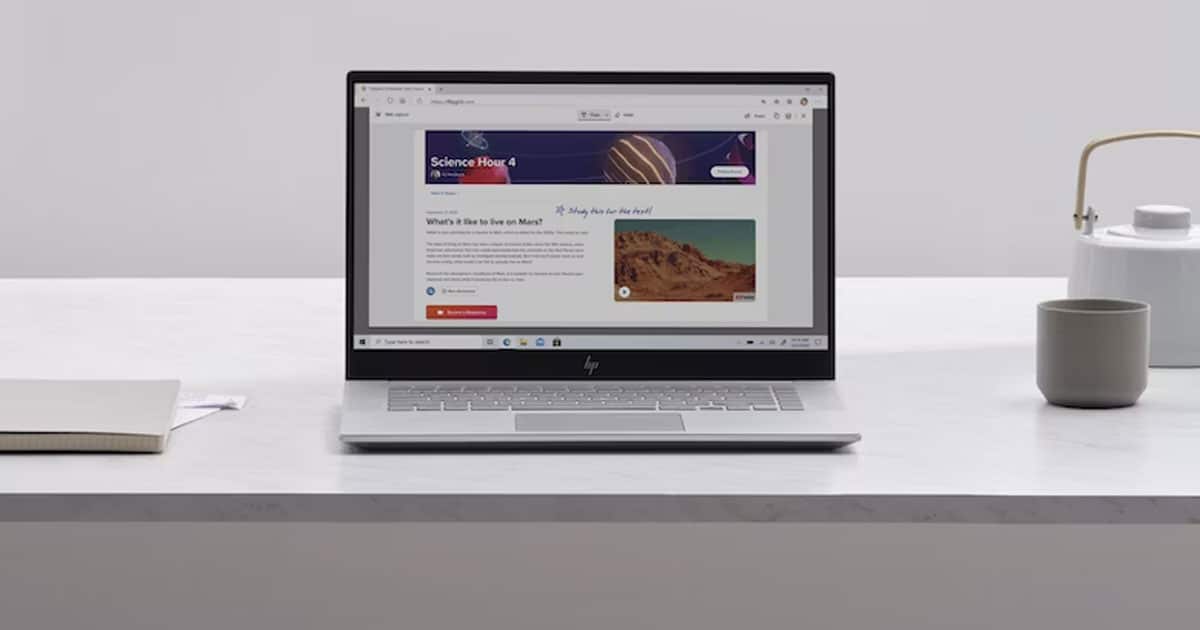How Much Does a Tablet Weigh?
Are you curious about the weight of tablets? When searching for a new device, knowing its weight is crucial for portability and convenience. Whether you’re a frequent traveler, a student on the go, or simply seeking a lightweight device for daily use, understanding tablet weight is essential. In this article, we’ll delve into the fascinating world of tablet weights, exploring the factors that influence them and providing insights into the range of weights across different tablet models. Join us as we embark on a journey to uncover the answer to the burning question: How much does a tablet weigh? Let’s unravel the mystery together and shed light on this important aspect of tablet selection.
How Much Does a Tablet Weigh: Unveiling the Factors and Significance
When it comes to choosing a tablet, one important aspect to consider is its weight. The weight of a tablet can significantly impact your user experience, portability, and overall comfort while using the device. To better understand tablet weight, let’s explore the factors that contribute to it.
- Display Size: The size of the tablet’s display plays a significant role in determining its weight. Larger displays usually require more materials and components, making the tablet heavier. Conversely, smaller tablets tend to be lighter.
- Build Materials: The choice of materials used in the construction of the tablet affects its weight. Tablets made with lightweight materials such as aluminum or carbon fiber are generally lighter compared to those made with heavier materials like metal or plastic.
- Battery Size: The battery is a crucial component of a tablet and contributes to its weight. Tablets with larger battery capacities typically weigh more due to the additional battery cells required to provide longer battery life.
- Internal Components: The internal hardware components, including the processor, memory, and storage, also add to the overall weight of the tablet. More powerful processors or larger storage capacities can increase the weight of the device.
- Additional Features: Tablets with extra features like built-in cameras, speakers, or physical keyboards may weigh more than basic models without these additions.
Considering the significance of tablet weight, it’s essential to find the right balance between portability and functionality. A lighter tablet is more convenient to carry around, especially for frequent travelers or those who use their tablets on the go. However, it’s important to ensure that the tablet still meets your performance requirements and offers a satisfying user experience.
By understanding the factors that contribute to tablet weight, you can make a well-informed decision when choosing a tablet that aligns with your specific needs. Whether you prioritize portability, extended battery life, or powerful performance, evaluating the weight alongside other features will help you find the perfect tablet that strikes the right balance for you.
Average Tablet Weights: Exploring the Range Across Different Models
When it comes to tablet weights, there is a wide range across different models and brands. Understanding the average weight of tablets can give you a better idea of what to expect when shopping for a new device. Here, we’ll delve into the average weights of tablets based on their size and category.
Small Tablets
Small tablets typically have screen sizes ranging from 7 to 8 inches. On average, these tablets weigh between 0.5 to 0.8 pounds (225 to 360 grams). These compact and lightweight tablets are perfect for casual browsing, reading, and on-the-go use.
Medium-Sized Tablets
Medium-sized tablets usually have screen sizes ranging from 9 to 10 inches. The average weight of these tablets falls between 0.8 to 1.2 pounds (360 to 545 grams). These tablets strike a balance between portability and a larger display, making them suitable for a variety of tasks, including multimedia consumption, productivity, and gaming.
Large Tablets
Large tablets, often referred to as “professional” or “premium” tablets, feature screen sizes ranging from 11 to 13 inches. On average, these tablets weigh between 1.2 to 2 pounds (545 to 910 grams). These tablets are designed for users who require a larger display for more complex tasks like content creation, graphic design, and multitasking.
It’s important to note that these weight ranges are approximate and can vary based on the specific make and model of the tablet. Additionally, tablets with additional features such as built-in keyboards or larger batteries may weigh slightly more.
When choosing a tablet, consider your intended usage, mobility needs, and personal preferences. A lighter tablet may be more suitable for frequent travel or extended periods of handheld use, while a slightly heavier tablet with a larger display may provide a more immersive experience for tasks that require more screen real estate.
By understanding the average weights of tablets across different sizes, you can make an informed decision based on your specific requirements and find a tablet that strikes the right balance between portability and functionality.
Lightest Tablets on the Market: Top Featherweight Options for Portability
If you prioritize portability and a lightweight design in a tablet, there are several options on the market that excel in this aspect. These tablets offer a delightful balance between functionality and ease of carrying, making them ideal for users who are always on the go. Here are some of the lightest tablets available:
1. Samsung Galaxy Tab S7 FE
Weighing just 1.10 pounds (498 grams), the Samsung Galaxy Tab S7 FE is known for its sleek and lightweight design. It boasts a large 12.4-inch display and powerful performance, making it a versatile choice for productivity and entertainment.
Samsung Galaxy Tab S7 FETitle
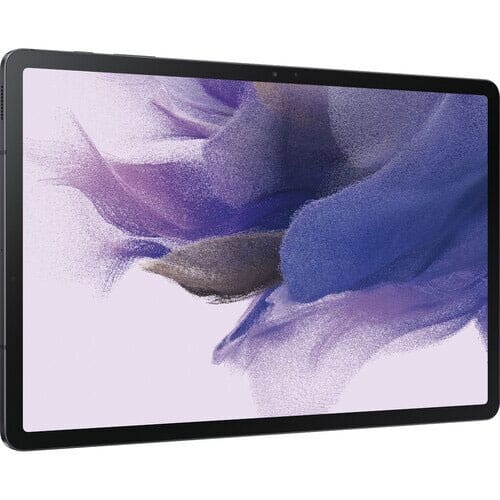
Sub Title
- Brand: SAMSUNG
- Model Name: Galaxy Tab S7 FE
- Memory Storage Capacity: 64 GB
- Screen Size: 12.4 Inches
- Display Resolution: 2560 x 1600 Pixels
2. Apple iPad Air (5th generation)
The 10.9-inch iPad Air (5th generation) weighs around 1 pound (461 grams) and combines a lightweight form factor with impressive performance. With its sleek design, Retina display, and Apple Pencil support, it offers a fantastic user experience.
Apple iPad Air (5th generation)
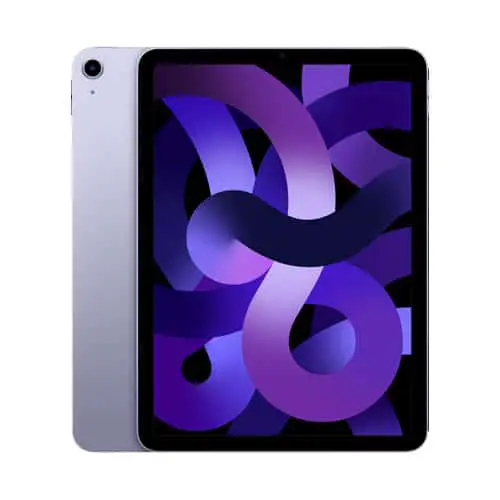
- Brand: Apple
- Model Name: IPad Air
- Memory Storage Capacity: 256 GB
- Screen Size: 10.9 Inches
- Display Resolution: 2360 x 1640 Pixels
3. Lenovo Tab P11 Pro
Weighing approximately 1.06 pounds (485 grams), the Lenovo Tab P11 Pro is a premium Android tablet with a stunning 11.5-inch OLED display. It offers powerful performance, a long-lasting battery, and a slim profile, making it an excellent choice for both work and entertainment.
Lenovo Tab P11 Pro
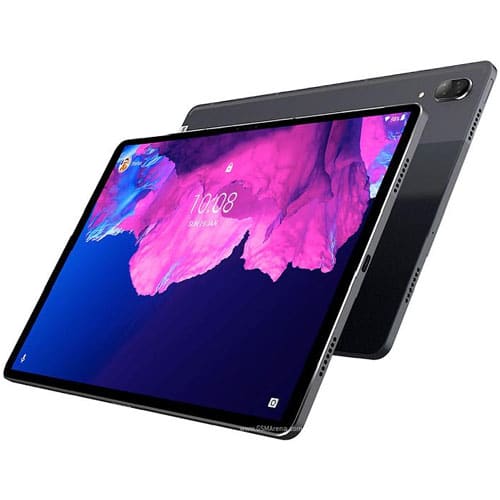
- Brand: Lenovo
- Model Name: Tab P11 Pro
- Memory Storage Capacity: 128 GB
- Screen Size: 11.5 Inches
- Display Resolution: 2560 x 1600
4. Microsoft Surface Go 2
The Microsoft Surface Go 2 weighs around 1.2 pounds (544 grams) and features a 10.5-inch PixelSense display. This versatile tablet runs on Windows 10, allowing you to seamlessly switch between productivity tasks and entertainment.
Microsoft Surface Go 2
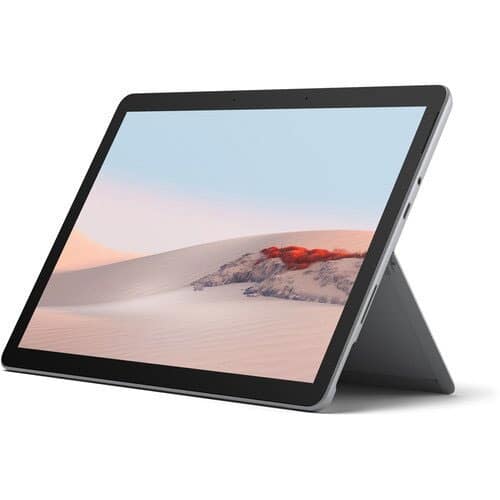
- Brand: Microsoft
- Model Name: Srfc Prjct V-5 SC EN/XD US/Canada Hdwr Platinum
- Memory Storage Capacity: 64 GB
- Screen Size: 10.5 Inches
- Display Resolution: 1920 x 1280 Pixels
4. Huawei MediaPad M5 Lite
With a weight of about 1.04 pounds (475 grams), the Huawei MediaPad M5 Lite is an ultra-light tablet that combines elegance with performance. It boasts a 10.1-inch high-resolution display, powerful hardware, and a sleek design, making it an attractive option for both work and play.
Huawei MediaPad M5 Lite
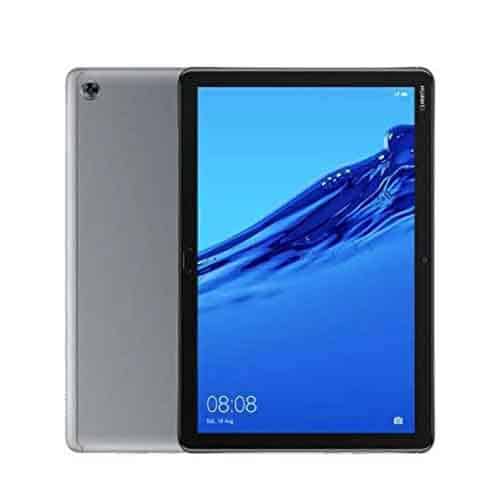
- Brand: HUAWEI
- Model Name: MediaPad
- Memory Storage Capacity: 32 GB
- Screen Size: 10.1 Inches
- Display Resolution: 1920 x 1200
These tablets offer a lightweight and portable solution without compromising on features and performance. Whether you need a tablet for work, entertainment, or a mix of both, these options provide excellent portability and functionality, allowing you to stay productive and entertained wherever you go. Remember to consider your specific needs and preferences when choosing the right tablet for you.
Importance of Tablet Weight for Different Users: Finding the Perfect Fit
The weight of a tablet can have varying degrees of importance depending on the user’s needs and preferences. Here’s a closer look at why tablet weight matters for different types of users:
1. Travelers and Commuters
For individuals who frequently travel or commute, a lightweight tablet is crucial. Carrying a heavy tablet can quickly become burdensome, especially when combined with other belongings like a laptop, books, or personal items. A lighter tablet allows for easier portability and less strain on the user.
2. Students and Educators
Students and educators often rely on tablets for studying, note-taking, and accessing educational resources. A lighter tablet is advantageous for students who need to carry their device between classes or use it for extended periods. It promotes better mobility and reduces the strain of carrying a heavy load throughout the day.
3. Professionals on the Go
Professionals who rely on tablets for work-related tasks, such as presentations, meetings, or fieldwork, may prefer a lightweight option. A lighter tablet offers convenience during business trips, conferences, or site visits, enabling professionals to stay productive without feeling weighed down.
4. Casual Users and Entertainment
For casual users who primarily use tablets for browsing the web, social media, streaming videos, or playing games, weight may not be as critical. However, a lighter tablet still offers enhanced comfort during extended use, such as holding the device for extended periods or using it in different positions.
5. Accessibility and Ergonomics
Tablet weight can also impact the overall usability and ergonomics, particularly for individuals with mobility or physical challenges. Lighter tablets are easier to handle, hold, or manipulate, ensuring a more comfortable user experience for those with limited strength or dexterity.
Ultimately, the importance of tablet weight varies depending on the user’s lifestyle, specific needs, and preferences. It’s essential to consider factors like portability, comfort, and practicality when selecting a tablet to ensure it aligns with your usage patterns and enhances your overall experience.
By understanding the significance of tablet weight for different user groups, you can make an informed decision and choose a tablet that provides the optimal balance of functionality, portability, and user comfort.
Factors to Consider When Choosing a Tablet Based on Weight: Finding the Right Balance
When selecting a tablet based on weight, several factors come into play. Consider the following aspects to find the right balance between weight and functionality:
1. Purpose and Intended Use
Determine how you plan to use the tablet. Are you primarily using it for productivity, entertainment, or a combination of both? If you need a tablet for demanding tasks like content creation or gaming, you may be willing to tolerate a slightly heavier device. On the other hand, if you prioritize portability and casual use, a lighter tablet may be more suitable.
2. Screen Size and Form Factor
Larger screen sizes generally result in heavier tablets. Consider the balance between screen real estate and portability. A larger screen may enhance your multimedia experience, but it will add weight to the device. Assess your preferences and prioritize what matters most to you.
3. Battery Life
Tablets with larger batteries tend to be heavier. Longer battery life can be advantageous, especially if you need the tablet to last throughout the day without frequent charging. However, if you primarily use the tablet in proximity to a power source, sacrificing some battery capacity may lead to a lighter device.
4. Build Materials
The materials used in the tablet’s construction can impact its weight. High-end tablets often feature premium materials like metal, which can add to the overall weight. Alternatively, tablets made with lightweight materials like plastic or carbon fiber are generally lighter but may compromise durability to some extent.
5. Personal Preference
Ultimately, personal preference plays a crucial role. Some users may prioritize a feather-light tablet for effortless portability, while others may prioritize a sturdier build and extended battery life, even if it means a slightly heavier device. Consider your individual preferences and assess what weight range feels comfortable and practical for your needs.
By considering these factors, you can make an informed decision when choosing a tablet based on weight. Remember that the ideal weight will vary from person to person based on their specific requirements and usage patterns. Finding the right balance between weight, functionality, and personal preferences will ensure a tablet that suits your needs and provides a satisfying user experience.
Conclusion
In conclusion, the weight of a tablet is an important consideration when purchasing a new device. It impacts portability, comfort during extended use, and overall user experience. Understanding the average weights of tablets, the lightest options available, and the factors that affect tablet weight can help you make an informed decision.
Whether you prioritize a lightweight tablet for on-the-go use or a slightly heavier device with more robust features, it’s essential to find the right balance that suits your needs and preferences. Consider factors such as the purpose of the tablet, screen size, battery life, building materials, and your personal preferences to determine the ideal weight range for you.
Remember, the weight of a tablet is just one aspect to consider alongside other important features like performance, display quality, storage capacity, and connectivity options. By evaluating all these factors holistically, you can choose a tablet that meets your requirements and enhances your digital experience.
So, the next time you’re in the market for a new tablet, pay attention to its weight and find the perfect balance between functionality and portability. Happy tablet shopping!
FAQ’s
- Does tablet weight affect portability?
- Yes, tablet weight directly affects portability. Lighter tablets are easier to carry around, making them more convenient for on-the-go use.
- How much does the average tablet weigh?
- The average weight of tablets typically ranges from around 0.7 to 1.5 pounds (0.3 to 0.7 kilograms). However, there are variations depending on the tablet’s size, materials, and features.
- Are heavier tablets better in terms of durability and build quality?
- Not necessarily. While heavier tablets may give the impression of being sturdier, build quality and durability depend more on the materials used and overall construction rather than just weight.
- Does tablet weight affect comfort during extended use?
- Yes, tablet weight can impact comfort, especially during extended use. Heavier tablets can strain your wrists and hands over time, while lighter tablets are generally more comfortable to hold for long periods.
- Are there trade-offs between tablet weight and features/performance?
- Yes, there can be trade-offs between tablet weight and features or performance. Lighter tablets often have more limited processing power and may not offer the same level of performance as heavier, more feature-rich devices.
- Can I find lightweight tablets with large screens?
- Yes, there are lightweight tablets available with larger screens. Advancements in technology and materials have made it possible to create tablets with larger displays while still keeping the overall weight relatively low.
- How can I determine the right tablet weight for my needs?
- Consider your usage patterns and priorities. If you value portability and plan to use the tablet on the go, a lighter option may be more suitable. However, if you require a tablet with advanced features or a larger screen, you may be willing to accept a slightly heavier device.
- Can I reduce the weight of my tablet with accessories?
- Yes, some accessories, such as lightweight cases or covers, can help reduce the overall weight of your tablet. However, keep in mind that adding accessories may also impact functionality or alter the tablet’s design.
